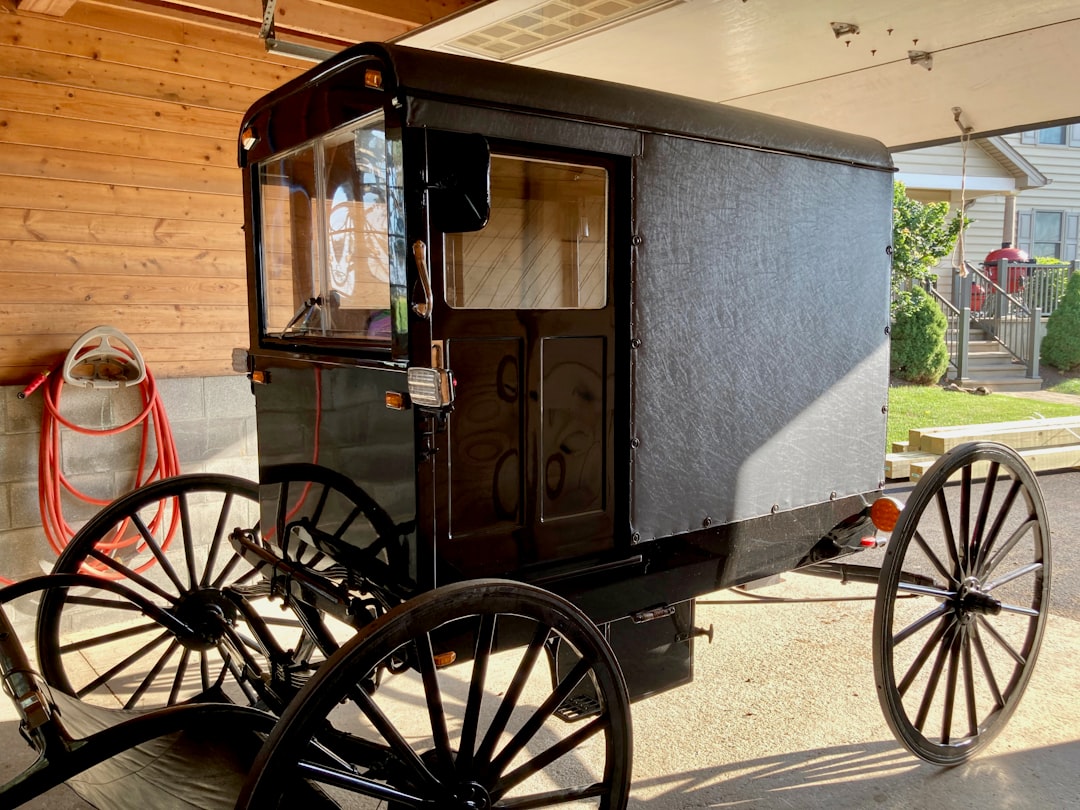Pennsylvania's Telephone Consumer Protection Act (TCPA), also known as the Unwanted Call Law, severely restricts automated phone marketing calls, especially from law firms. It mandates prior written consent for prerecorded or auto-dialed calls, protects residents' privacy, and allows them to control their phone lines. Violations carry substantial penalties of up to $1,500 per call, encouraging compliance and respect for consumers' rights. Those facing unwanted robocalls from law firms in PA can consult specialized unwanted call law firms for guidance on their legal options.
“Pennsylvania residents now have robust protections against robocalls thanks to state-level regulations. This comprehensive guide, ‘Pennsylvania Robocall Laws: What You Should Know,’ illuminates the intricacies of these laws, focusing on who they protect and what activities are off-limits for automated callers.
Learn about the legal repercussions of violating these regulations and discover powerful strategies to safeguard your rights against unwanted calls in the Keystone State.”
Keywords seamlessly incorporated: Unwanted call law, Pennsylvania.
Understanding Pennsylvania's Robocall Laws: A Comprehensive Overview

Pennsylvania has implemented robust regulations to combat unwanted robocalls, offering protections for residents against excessive and intrusive automated phone calls from law firms and other entities. The state’s Unwanted Call Law (also known as the Telephone Consumer Protection Act or TCPA) sets strict guidelines for telemarketing activities, especially those involving prerecorded messages. This law is designed to give Pennsylvania residents control over their phone lines and protect them from annoying and deceptive practices.
Under this legislation, law firms seeking to contact residents via automated calls must obtain prior express written consent. This means that if you haven’t given explicit permission for a firm to call you using robocall technology, such calls are prohibited. The rule applies not only to commercial messages but also to political campaigns and non-profit organizations, ensuring that all entities adhere to the same high standards of respect for individual privacy.
Who Does the Unwanted Call Law Apply to and What Activities are Prohibited?

In Pennsylvania, the Unwanted Call Law, also known as the Telephone Consumer Protection Act (TCPA), applies to both businesses and individuals who make or receive automated telephone calls for marketing purposes. This law specifically targets what are commonly referred to as robocalls, where pre-recorded messages are left with potential customers. The primary focus is on preventing intrusive and unsolicited telemarketing practices that often leave recipients feeling harassed.
The TCPA prohibits certain activities related to these automated calls, such as initiating a call using an auto-dialer or prerecorded message without the prior express consent of the called party. This means that law firms utilizing robocall technology for marketing campaigns must obtain explicit permission from potential clients before placing any automated calls. Additionally, the law restricts the time and frequency of these calls to respect recipients’ privacy and ensure their consent is given freely and knowingly.
Legal Consequences of Violating Pennsylvania's Robocall Regulations

In Pennsylvania, violating the state’s robocall regulations can lead to significant legal consequences for call centers and law firms alike. The Unwanted Call Law, also known as the Telephone Consumer Protection Act (TCPA), prohibits automated or prerecorded calls to cellular phones unless the caller has obtained prior explicit consent from the recipient.
If a law firm or call center makes such calls without proper authorization, they may face substantial fines and penalties. According to the TCPA, each violation can result in up to $500 in damages per call. In cases of willful or knowing violations, the fines can be much higher, reaching up to $1,500 per call. These strict regulations are designed to protect consumers from intrusive and unwanted phone calls, ensuring their privacy and peace of mind.
Protecting Your Rights: How to Handle Unwanted Calls in Pennsylvania

In Pennsylvania, unwanted calls from robocallers or telemarketers can be frustrating and invasive. However, state laws are in place to protect residents’ privacy and rights. According to the Pennsylvania Unwanted Call Law (also known as the Telephone Consumer Protection Act), businesses and organizations are prohibited from making automated telephone calls to individuals without their prior express consent. If you’re receiving unwanted calls, document the details such as caller ID, call time, and any recorded messages. This information can be invaluable if you decide to take legal action or file a complaint with the Federal Trade Commission (FTC) or Pennsylvania’s Attorney General’s Office.
To handle these unwanted calls effectively, consider registering your phone number on the National Do Not Call Registry. While this doesn’t guarantee complete protection against robocalls, it sets a baseline for reducing their frequency. For more targeted assistance, consult with reputable unwanted call law firms in Pennsylvania. These legal professionals specialize in navigating complex consumer protection laws and can help you understand your rights, file complaints, or even take legal action against persistent violators.






